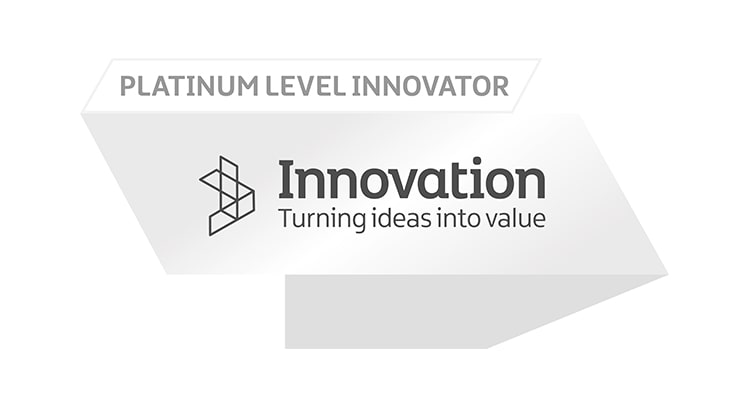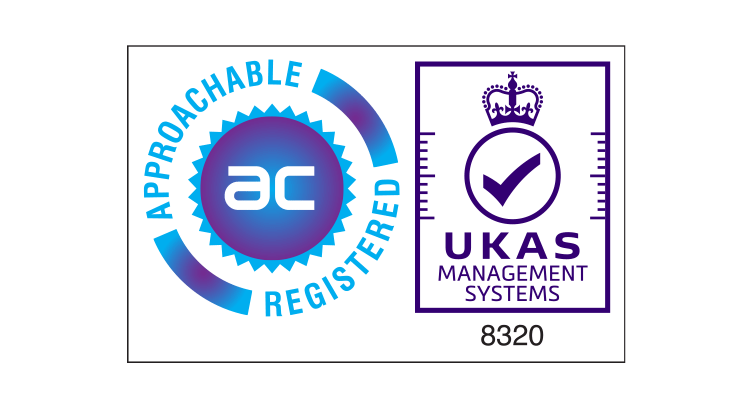Tackling the Cost of Business in the Housing Sector
Last week’s 2022 Sector Risk Profile report from the Regulator of Social Housing, served to highlight the extent to which housing providers face substantial financial pressures. The report pointed out that, “High inflation is impacting on operating costs and the cost of debt is rising at the same time as increased cost of living pressures on tenants, a proposed rent cap, and a weakening housing market. To maintain financial resilience, providers need to continue responding appropriately to the changing conditions.”
In addition, it also said:
“Providers continue to face an extremely uncertain operating environment. High inflation, a tight labour market, and the residual impact of the pandemic on supply chains have increased costs for providers. At the same time, income streams are facing greater than usual uncertainty, with significant headwinds in the housing market and the government consulting on capping social housing rents increases".
These are important and timely observations, and for an industry where mobile and field-based employees account for a large proportion of the total workforce, the situation is extremely challenging, with margins under more pressure than at any time in recent years.
Rising Prices
The alarming rise in fuel prices illustrates the point; whereby an organisation budgeting for an annual fuel bill of around half a million pounds less than a year ago, should now expect to pay anything up to £1 million. Similarly, businesses that continue to rely on manual or low-tech processes for determining shifts and rotas, for example, are at a disadvantage compared to those that can deliver more agile and cost-efficient staff scheduling.
Technology-Led Innovation
Technology-led process innovation holds the key to creating agile and adaptable business models, particularly as organisations across the industry operate in dynamic staff scheduling environments that are prone to change. In contrast, organisations that rely on primitive, stand-alone digital solutions, such as apps like WhatsApp and Excel, have very limited scope to increase productivity.
Specifically, implementing fully integrated field service solutions and services can streamline work processes and provide transformational value that promotes high levels of operational efficiency and quality of service. For example, technology that can centralise communication and resource management can assist in addressing the high levels of wasted capacity that can harm the productivity and profits of organisations across the industry.

On Schedule?
Addressing the longstanding inefficiencies associated with staff scheduling offers significant scope for improving efficiency. In relation to mobile working, scheduling involves managing field-based employees and their workloads, planning their daily rota and activities whilst also managing other operational requirements such as annual leave and sickness.
As a result, scheduling software has become essential across the housing industry, as without it, those doing the planning have to manually input information, and implement adjustments to the schedule as they occur – often at the same time as dealing with their main day-to-day role. In addition, effective ‘appointment booking’ helps to drive tenant satisfaction and further drive efficiency by improving all-important access and first time fix rates.
Taking things up a level, the latest dynamic scheduling tools help automate which activities to execute, allowing for easy, real-time access to job information as the day unfolds, helping ensure appointment commitments to tenants are met. This is in sharp contrast to traditional scheduling processes, where the compiler determines the order of execution without anything like the same levels of agility, efficiency and accuracy.
By providing mobile workers with instant access to their schedule, for example, they can immediately get to work as soon as they arrive for the day. Information can be easily recorded at each location, ensuring accuracy and then simply updated via a mobile device, resulting in more jobs being completed in a day.

In addition, giving field staff advance visibility of their schedule via a mobile device ensures visits are carried out with maximum efficiency – limiting calls back to the office and the need to publish fixed daily schedules.
This also helps address the performance requirements associated with meeting tenant expectations, agreed on appointment slots and compliance standards, as all relevant information is captured and tracked at the point of service delivery. Whether this relates to capturing visit outcomes, up-to-date asset condition reporting or maintenance repair images, all this information is essential for meeting regulatory compliance and insurance purposes.
And ultimately, reacting quickly and efficiently to schedule adjustments as and when they occur allows housing field staff to deliver a better service to tenants. If a field worker is running late, for example, this update can be recorded and updated in the schedule in real-time, allowing the dynamic scheduling tool to reschedule another mobile worker. The point is, the software should do this, rather than relying on a human planner/scheduler
Holistic Benefits
Providing these capabilities isn’t just about process efficiency and cost control. One organisation, for example, discovered that putting field service software into practice helped it achieve its goal of cutting fuel expenses by £2 million per year, while also significantly cutting its CO2 footprint.
So, despite the emerging sense of concern about the economic outlook, putting efficiency, performance, and cost constraints first doesn’t have to mean sacrificing broader corporate goals, such as those connected to consumer regulation, environmental, social, and governance (ESG) responsibilities. To get there, businesses should employ field service technology solutions and services holistically, collaborating with a partner who can assist them in both meeting their immediate demands and developing a long-term strategy for their company.
Despite the major difficulties impacting the entire sector, there is also an opportunity for forward-thinking organisations to reorient themselves toward tech-led process innovation. In fact, these challenging times are likely to serve as a stimulus for major efficiency, productivity, and performance gains as businesses look for ways to protect their profits.







